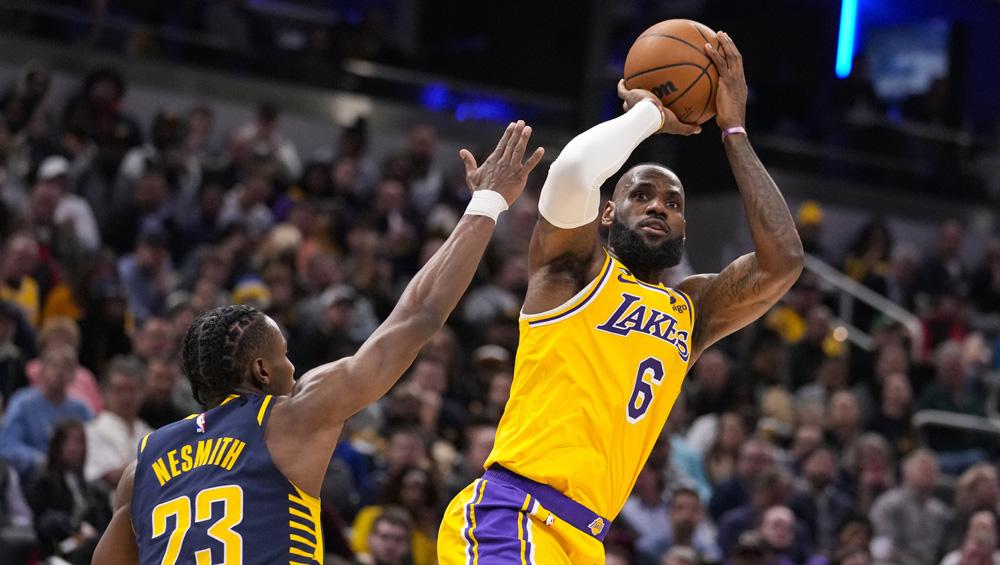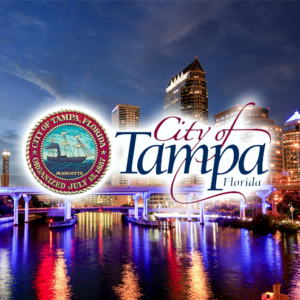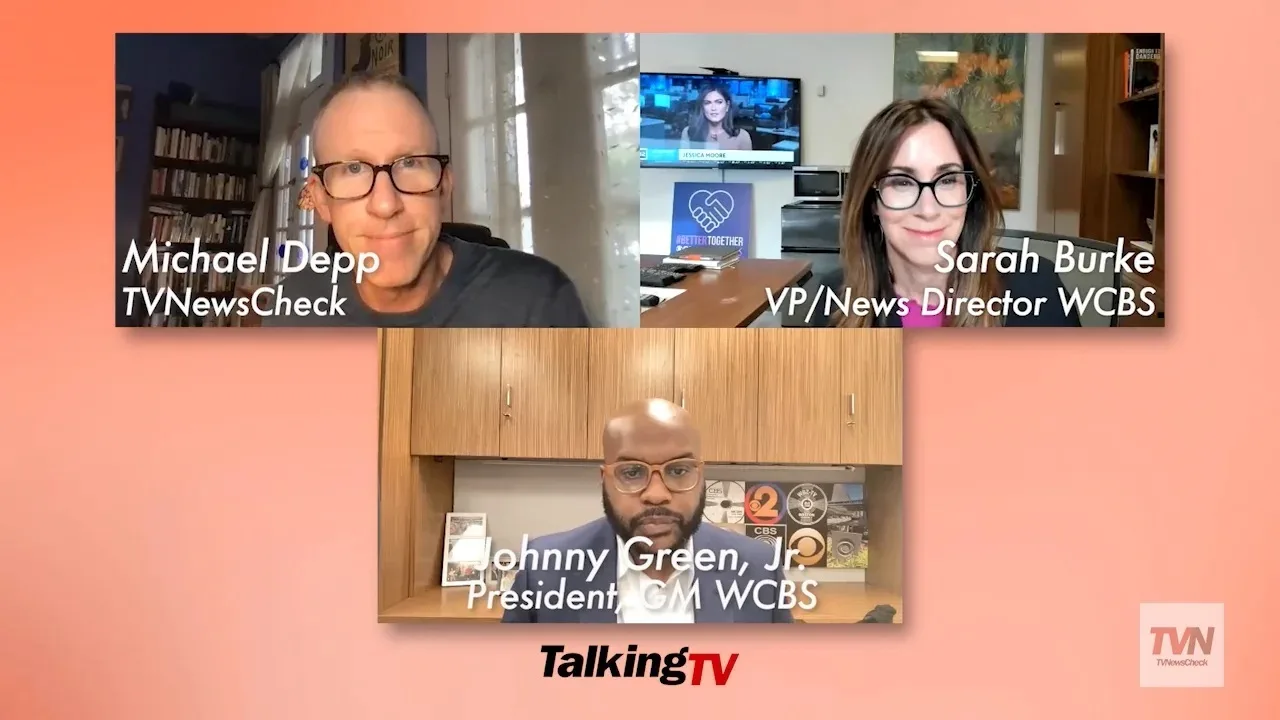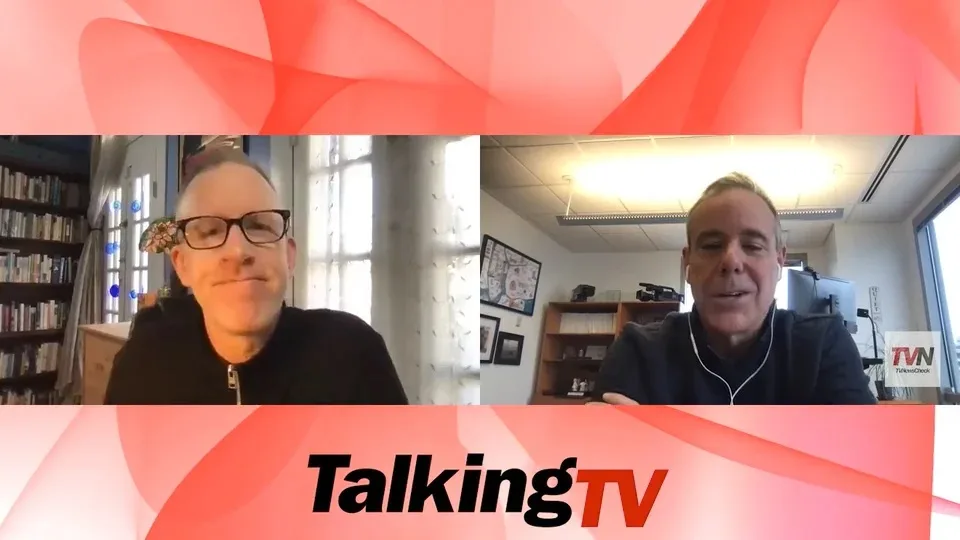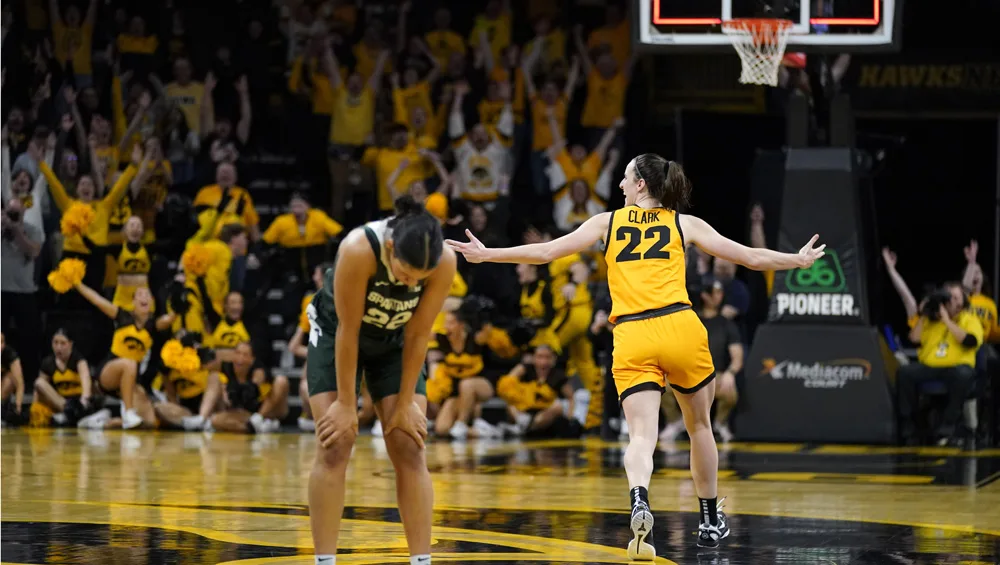
The NCAA and ESPN today announced a $920 million, eight-year agreement that will give the cable network exclusive rights to 40 championships, including the Division I women’s basketball tournament, an event growing in popularity that the association has been accused of undervaluing in the past. Pictured: Iowa guard Caitlin Clark (r) celebrates in front of Michigan State guard Moira Joiner after her three-point basket won the game on Jan. 2. (Charlie Neibergall/AP)
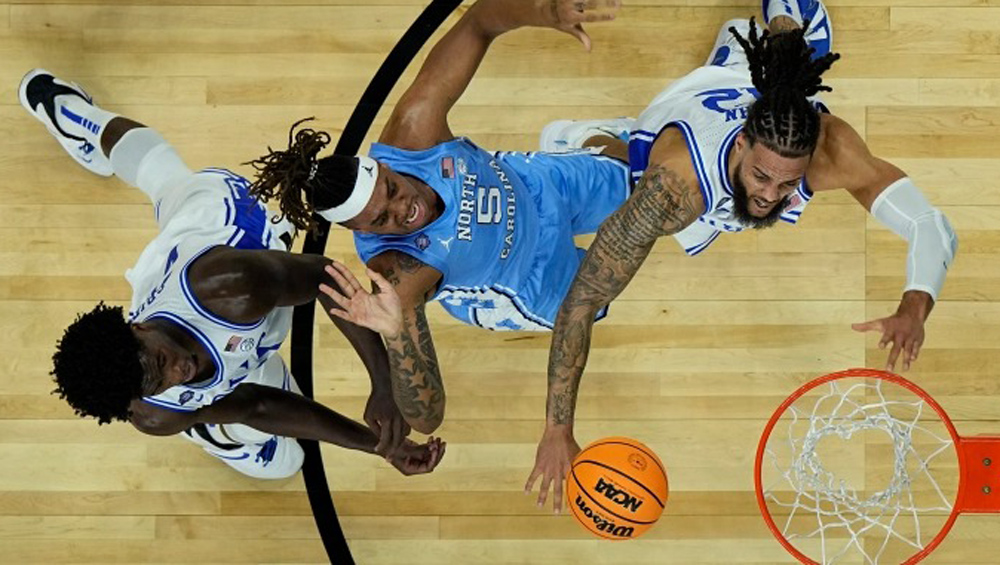
AT&T will remain a top-tier sponsor of NCAA athletic events through the 2024-2025 academic year, having signed a deal to extend its pact with the massive college-sports league. AT&T has been an NCAA “corporate champion” since 2001, and unveils the extension just as the NCAA’s 2023 “March Madness” basketball tournament is set to kick off.
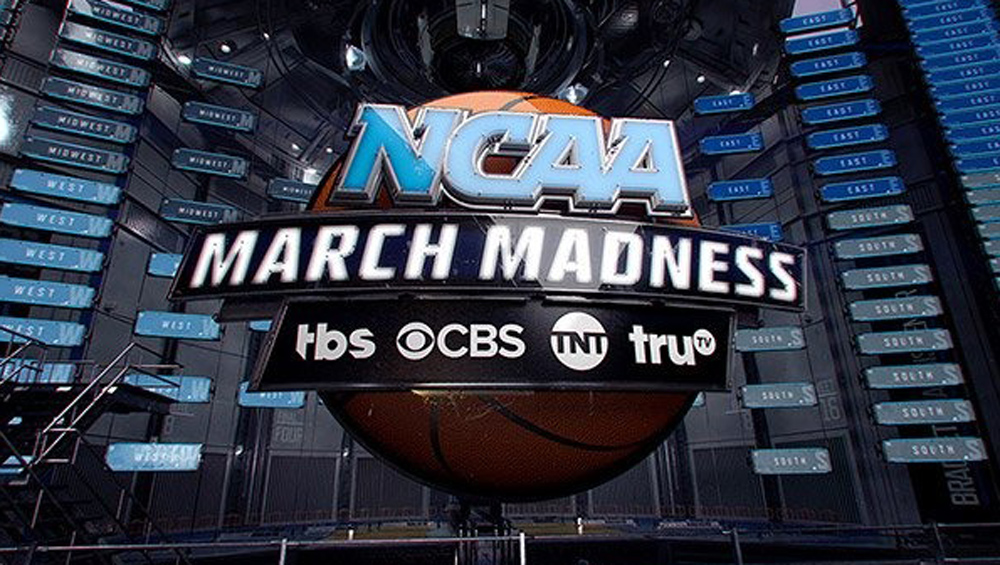
Heading into the last weekend of NCAA’s “March Madness,” the Men’s College Basketball tournament, CBS/Turner network airings have seen a massive 24% rise in viewership versus a year ago for an average game — to a Nielsen-measured 3.87 million viewers. But the games are still 3% lower than the 2019 pre-pandemic tournament, which averaged 4.0 million viewers.
Talking Trademarks As NCAA Tournament Nears
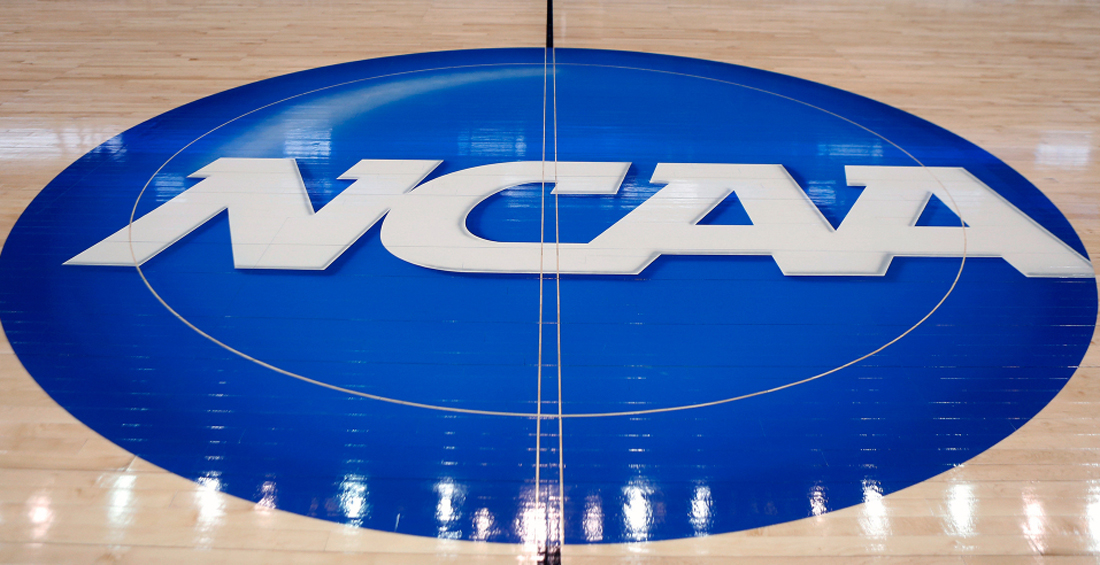
With the 2022 NCAA Collegiate Basketball Tournament about to begin, broadcasters, publishers and other businesses need to be wary about potential claims arising from their use of terms and logos associated with the tournament.
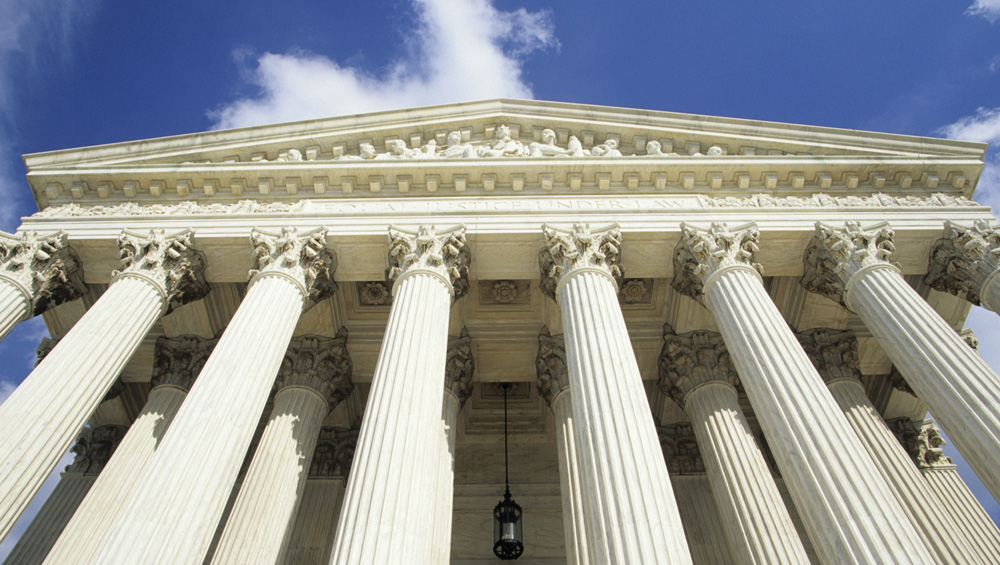
The high court agreed with a lower court’s determination that NCAA limits on the education-related benefits that colleges can offer athletes who play Division I basketball and football violate antitrust laws. The case is important in the short term for students who may see schools competing for talent by sweetening their offers with a variety of education-related benefits. It’s also important in the long term because it sets the stage for future challenges to NCAA rules limiting athletes’ compensation.
In A Secret Deal, The NCAA Sold Out Women’s Sports
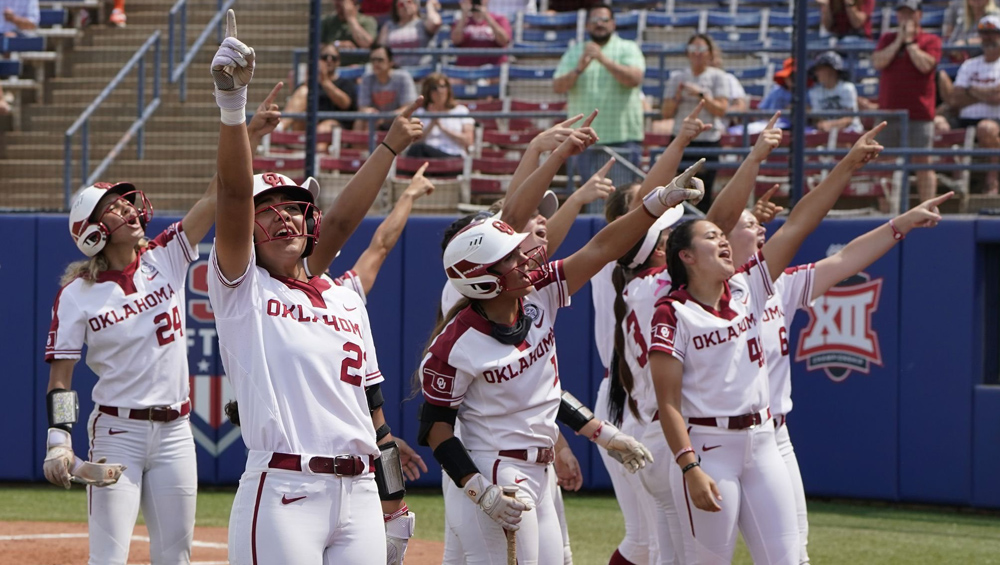
Sally Jenkins: “Someone on Capitol Hill, please explain why the dystopian, reform-resistant NCAA should get one more dime or tax favor from an American electorate that is more than half female. Sen. Chris Murphy (D-Conn.) has remarked that we need to recognize the NCAA ‘for the civil rights issue that it is,” a system in which “80 to 90 percent of the adults who are getting rich off college athletics are White men.’ While we’re at it, let’s recognize how it uses and demeans women.”

The NCAA says certain benefits could lead to a bidding war for players’ services, upending the collegiate model. Reformists say that’s the point.
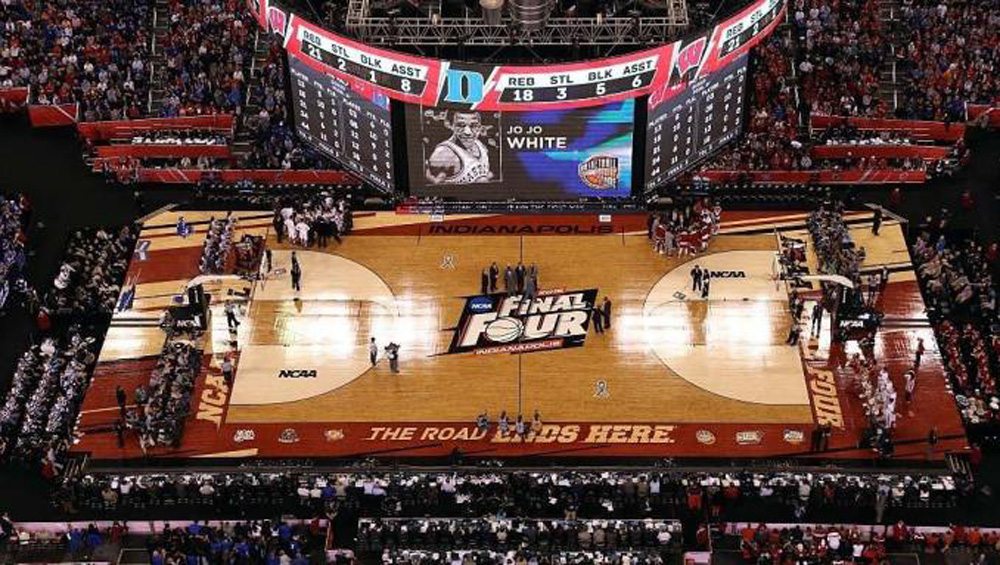
This is the 10th year that CBS and Turner have teamed up for March Madness. While the deal provides the NCAA with its largest source of revenue, it has also turned a profit for both networks as well as benefiting fans because all of the games are available nationally. The success of the partnership, which will last until at least 2032, has exceeded the expectations of CBS Sports chairman Sean McManus.
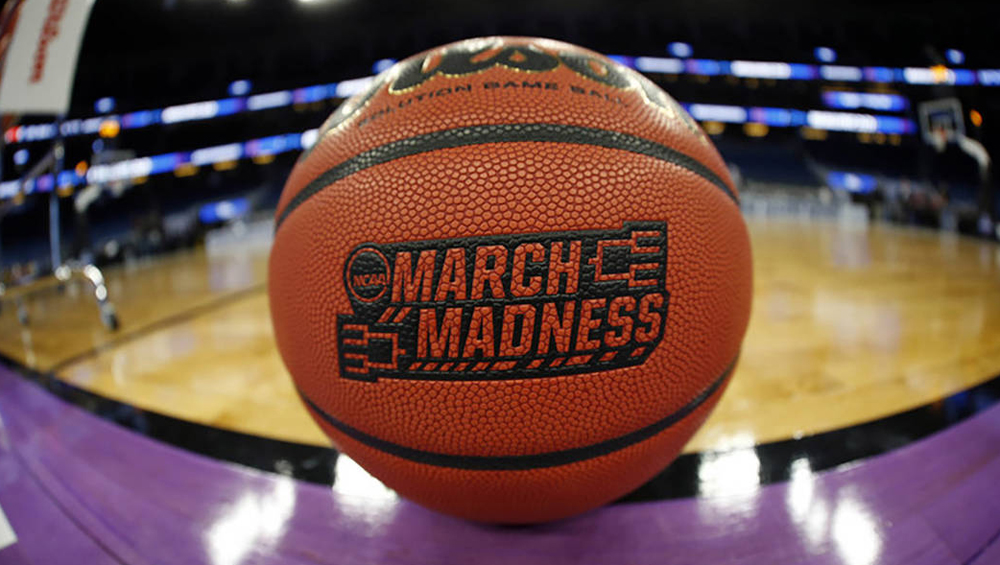
Advertising inventory in NCAA’s Men’s College Basketball Tournament — “March Madness” — is “virtually sold out,” says John Bogusz, EVP sports sales and marketing at CBS Television Network. “There were [price] increases in all rounds through the championship weekend,” he added, speaking on a call with reporters Wednesday. Bogusz did not provide details.
Tips To Avoid A March Madness Foul Call

With the tournament about to begin, broadcasters, publishers and other businesses need to be wary about potential claims arising from their use of terms and logos associated with the tournament, including the well-known marks March Madness®, The Big Dance®, Final Four®, Women’s Final Four®, Elite Eight® and The Road to the Final Four® (with and without the word “The”), each of which is a federally registered trademark.

Confirming a plan it started exploring last fall, the NCAA said it will host the entire men’s basketball tournament — the event known as March Madness — in Indiana due to Covid-19. The extraordinary initiative is aimed at ensuring that this year’s 67-game extravaganza does not meet the same fate as the 2020 edition. The cancellation of the tournament last year was one of the most jarring spectacles of the onset of the coronavirus pandemic.
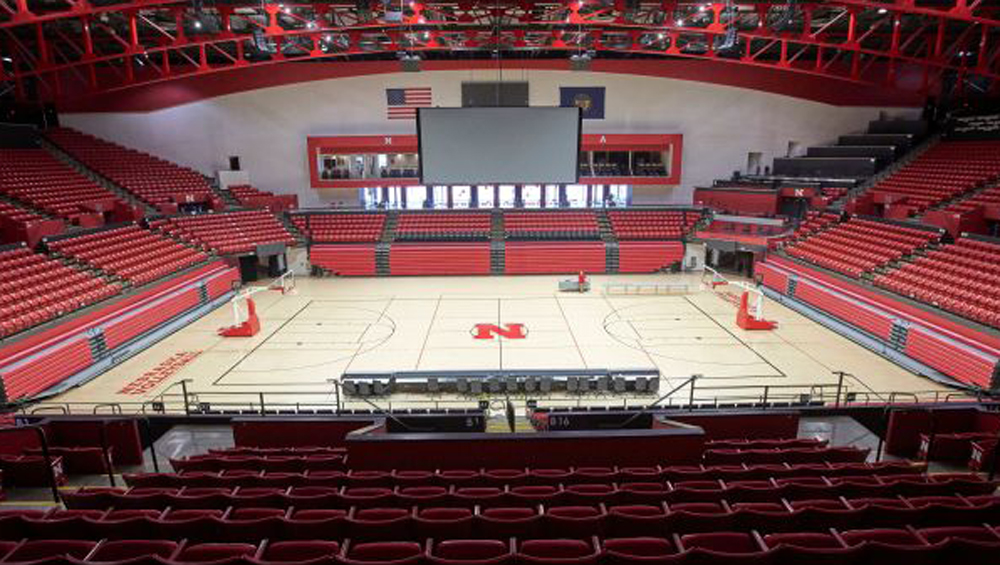
The NCAA’s women’s basketball oversight committee and men’s basketball oversight committee jointly agreed on Tuesday to propose Nov. 25 as the start date for the 2020-21 college basketball season. Nov. 25 is the day before Thanksgiving. The proposal will be sent to the Division I Council, which is scheduled to meet on Sept. 16.

NCAA President Mark Emmert said Thursday there won’t be fall NCAA championships because there are not enough schools participating due to the ongoing coronavirus pandemic, a decision that affects 22 championships.
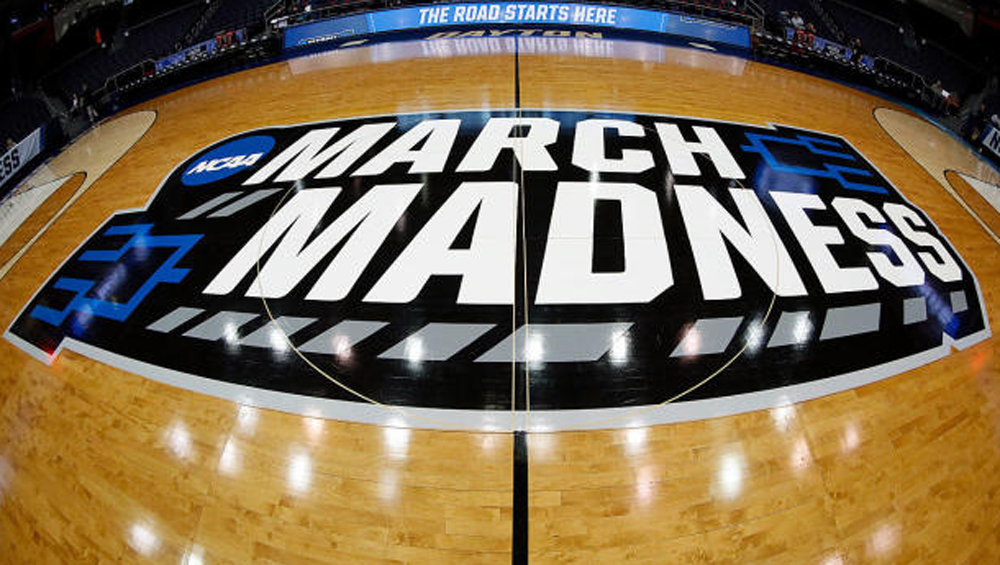
The cancellation of March Madness because of the coronavirus pandemic has dealt a costly blow to college sports programs, the National Collegiate Athletic Association indicated on Thursday. The NCAA said that financial distributions to Division I member institutions at the end of the 2019-20 academic year would be $225 million — just 37.5% of the expected $600 million amount.
March Madness: Use It If You Dare

The National Collegiate Athletic Association is very serious about taking action against anyone who may try to trade off the goodwill in its March Madness marks — even if the NCAA’s actual marks are not used.
Monday night’s NCAA championship game, which saw Villanova crush Michigan 79-62, drew the lowest overnight rating in the history of the tournament. Across TBS, TNT and TruTV, the tournament’s championship game earned a 10.3 overnight rating. The previous low for a NCAA championship game was the 11.2 for the 2004 contest between UConn and Georgia Tech.
Trademarks And March Madness Once Again
With the NCAA Basketball Tournament about to begin, broadcasters, publishers and other businesses need to be wary about potential claims arising from their use terms and logos associated with the tournament, including March Madness®, The Big Dance®, Final Four® or Elite Eight,® each of which is a federally registered trademark.
Be Wary Of Using The NCAA’s Trademarks
With the NCAA Basketball Tournament about to begin, broadcasters, publishers and other businesses need to be wary about potential claims arising from their use terms and logos associated with the tournament, including March Madness,® The Big Dance,® Final Four® or Elite Eight,® each of which is a federally registered trademark.
Two weekends worth of the NCAA Men’s Tournament Basketball games posted big advertising gains versus the same period a year ago. For five networks — CBS, TNT, TBS, truTV and CBS Sports Network — iSpot.tv says national TV advertising took in $755.8 million, versus $551.4 million for the same time period a year ago.
Trademark Rules Apply To March Madness
Two months ago, broadcasters were warned about the risks of publishing ads or engaging in promotional activities that refer to the Super Bowl without approval of the NFL. Now, with the NCAA Basketball Tournament about to begin, broadcasters, publishers and other businesses need to be equally wary about potential claims arising from their use terms and logos associated with the tournament, including March Madness,® The Big Dance,® Final Four® or Elite Eight®, each of which is a federally registered trademark. And the NCAA aggressively polices the use of its trademarks.
Don’t expect to see daily fantasy sports leagues posting wall-to-wall advertising in next year’s NCAA March Madness event. The NCAA has banned all sponsorship/advertising activity in televised college sports championships for DraftKings and FanDuel.
The movement to compensate college athletes took a twist recently when a group of 10 collegiate football and basketball players sued not just athletic conferences, but ESPN and the broadcasters that reap a growing windfall from televising their games. A key hearing is scheduled in a federal court in Nashville on April 13, when a judge will hear arguments on whether to dismiss the class action suit brought by the athletes, or to allow the case to proceed.
Former National Collegiate Athletic Association players seeking to share in $800 million in annual broadcast revenue are challenging their amateur status in a trial seen as potentially leading to teen athletes with agents, fewer teams and lawsuits by marching bands.
After a court hearing on Thursday, a big ruling is looming that could eventually shatter the status quo of amateur athletes getting no compensation for appearing on television.
ESPN has the exclusive rights to 24 championships across various college sports.
While it threw a tough sentence at USC, college sports’ governing body has been reluctant to target the bread and butter of university athletic programs, lucrative television appearances.
Last night’s NCAA regional semifinals, airing on CBS and TBS, scored big gains over last year, when the tourney aired only on CBS and the games were regionalized. Still, that wasn’t nearly enough to lift CBS to a win on the night. Fox’s American Idol rebounded from last week’s season low to average a 6.2 adults 18-49 rating at 8 p.m., up 9 percent week to week.


